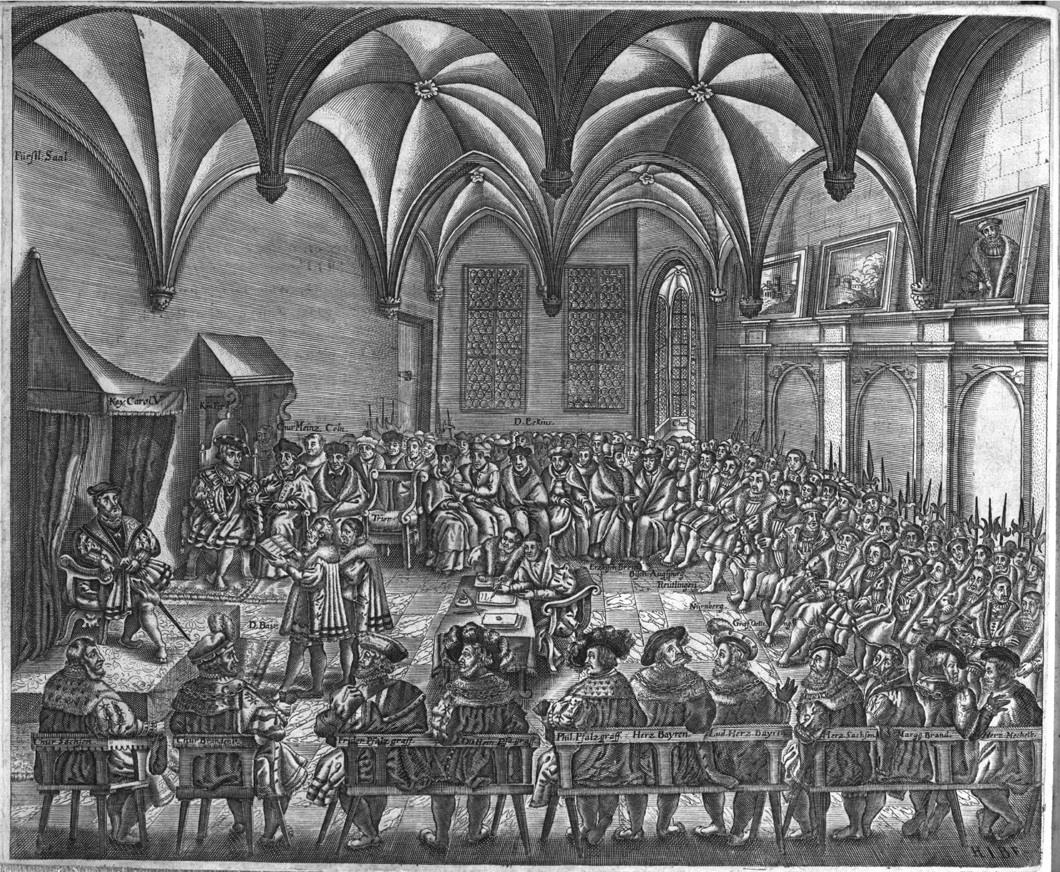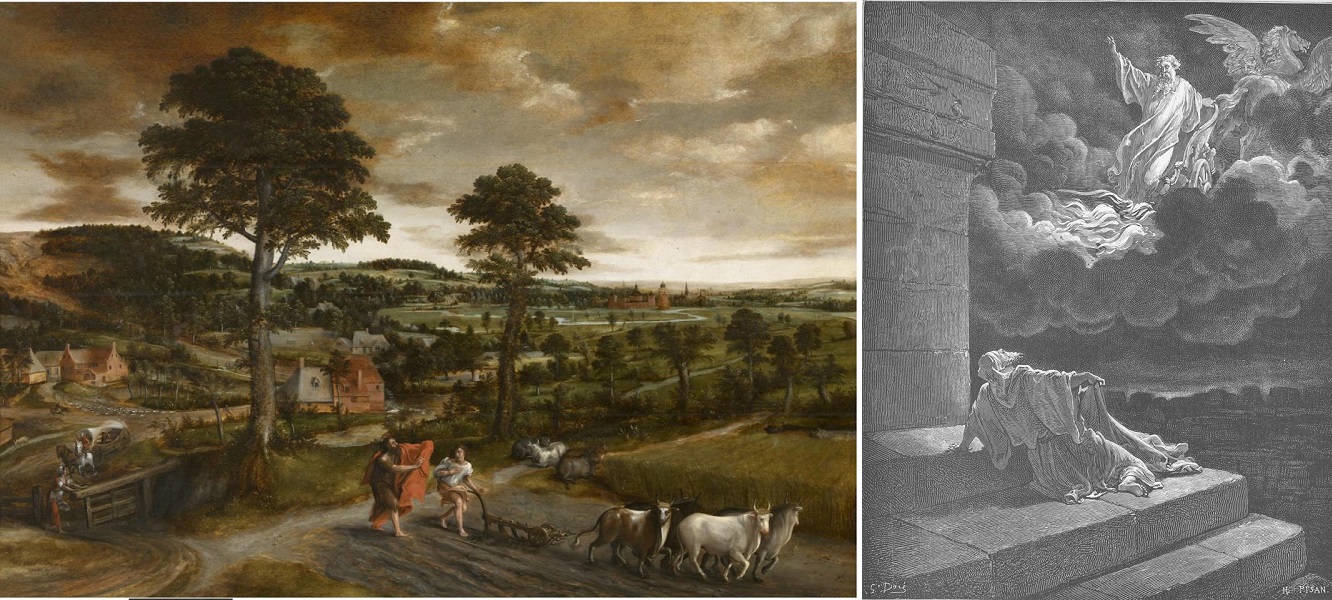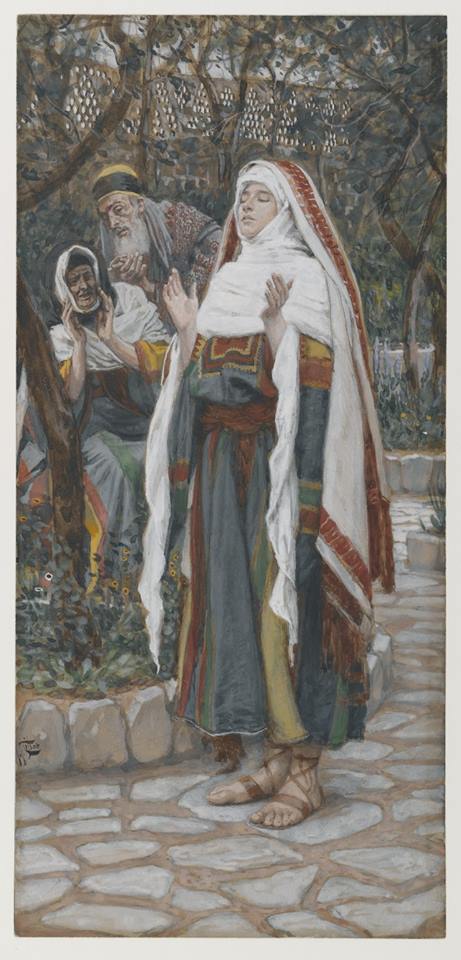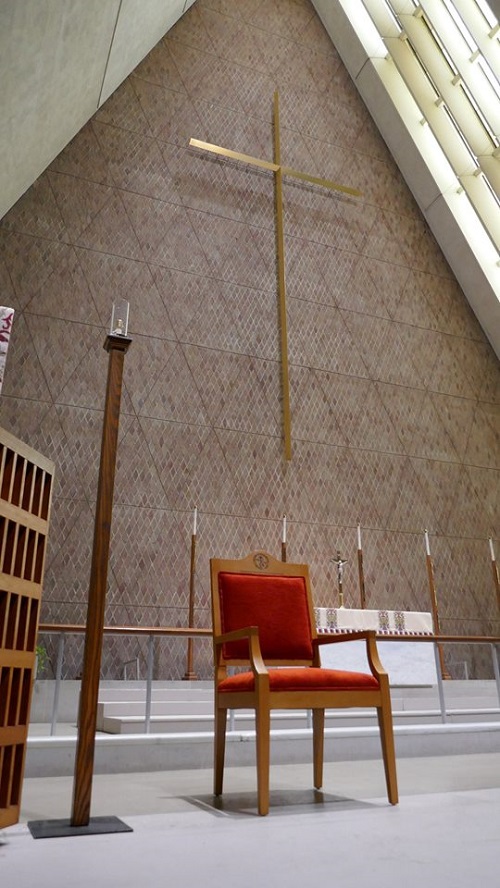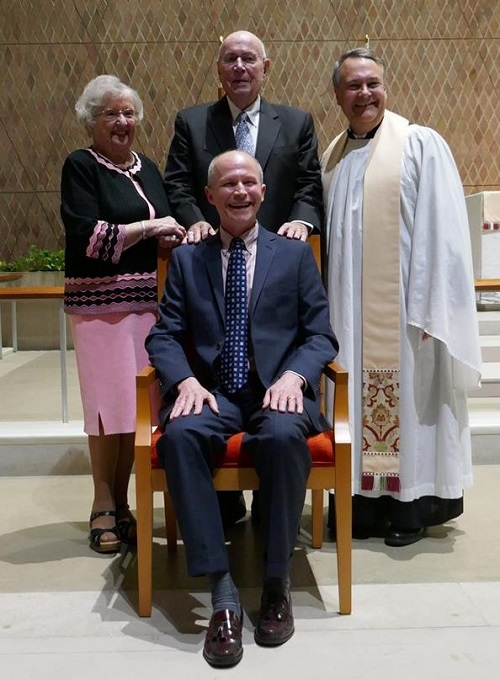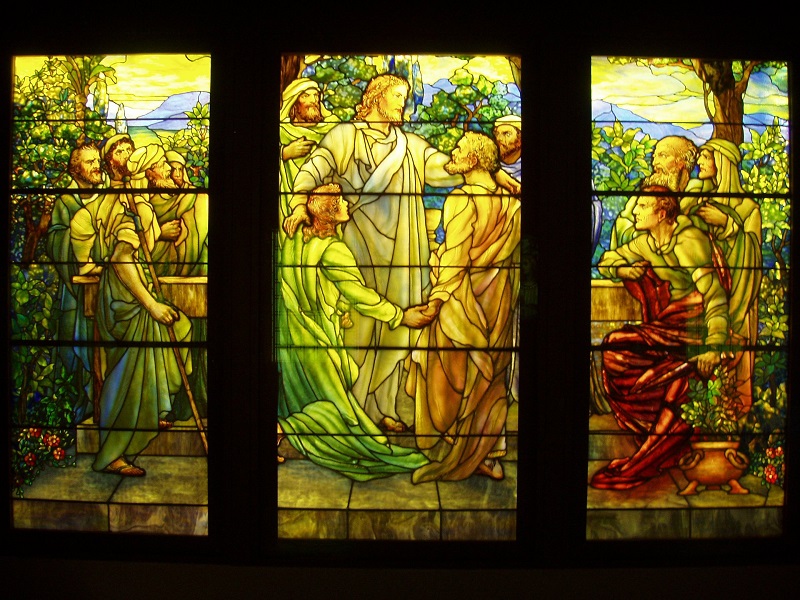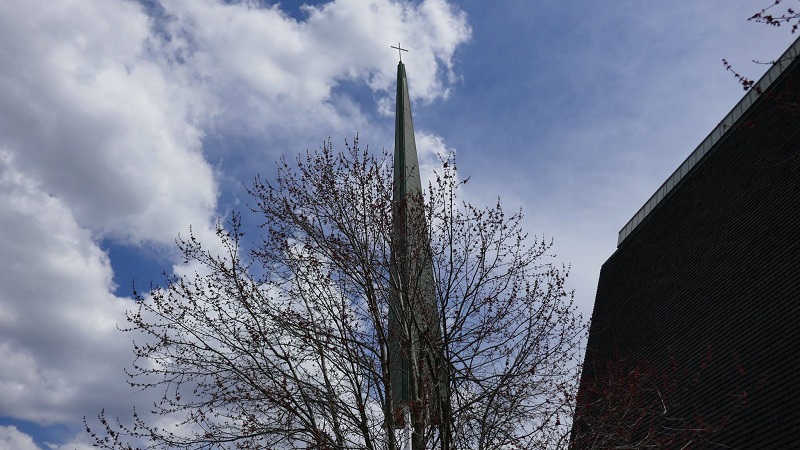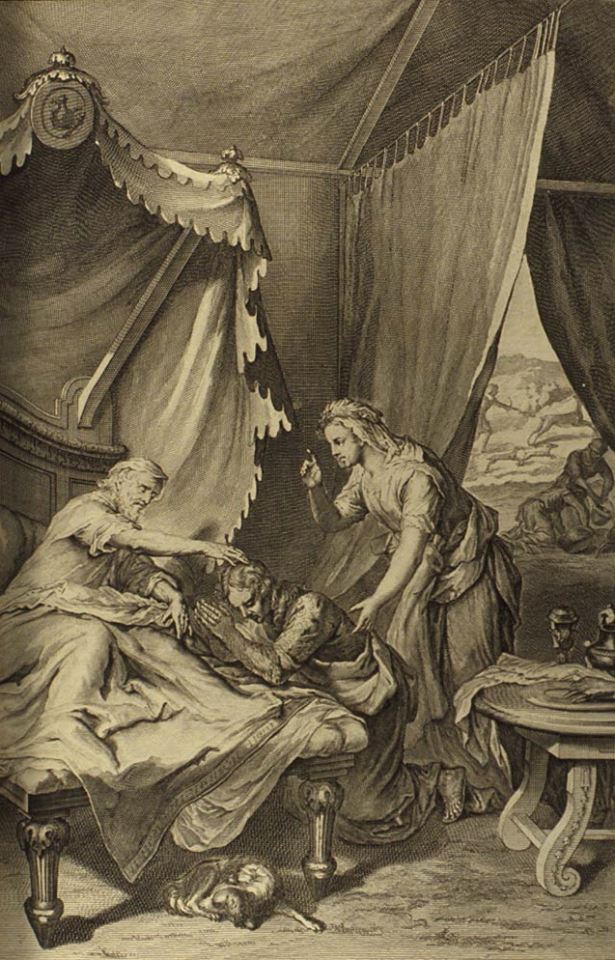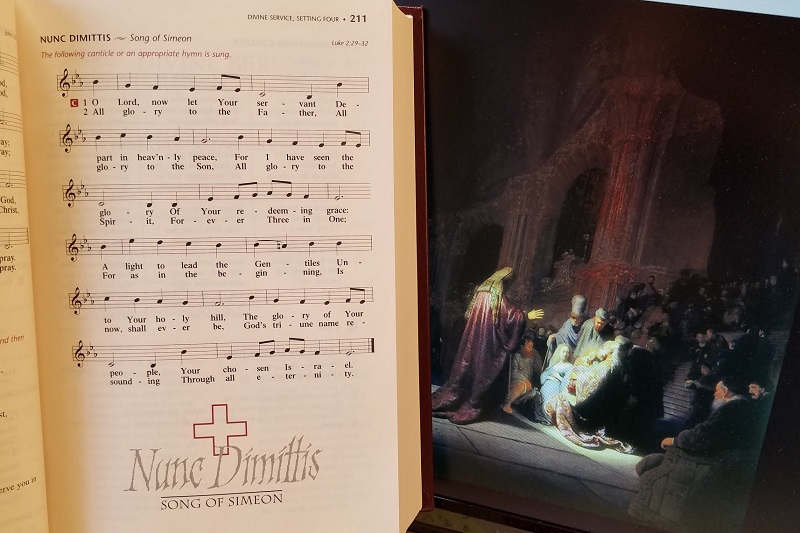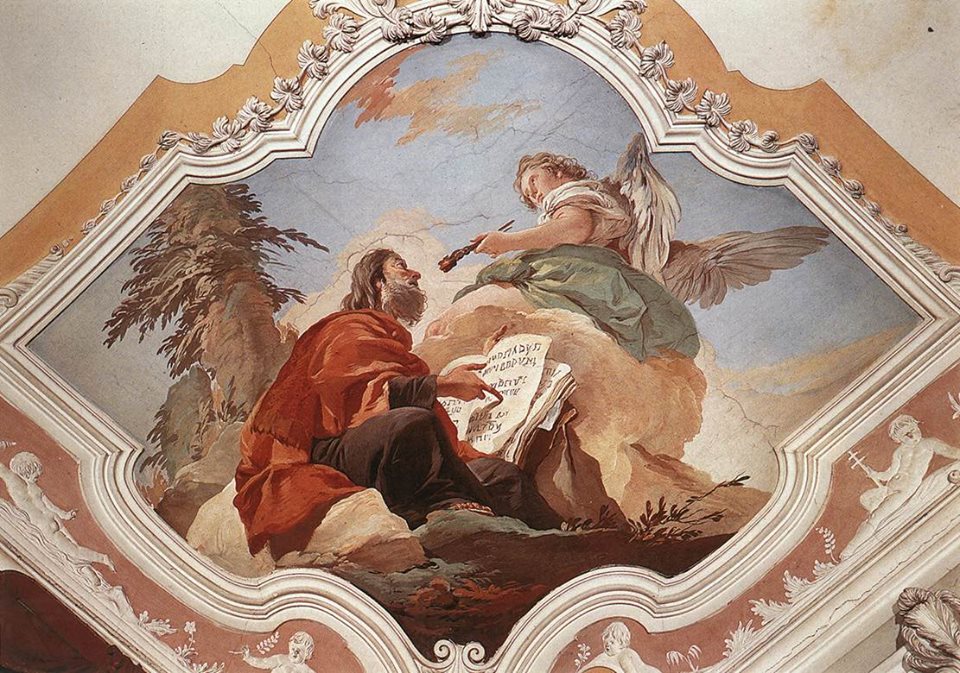
Today is the commemoration of Isaiah, whose words appear more often than any other Old Testament prophet in the New Testament, either preceded or followed by some variation on the phrase “that the words spoken by the prophet Isaiah might be fulfilled.” The “Evangelist of the Old Testament” (as he is sometimes known) prophesied to the people of Jerusalem and Judah for about 40 years in the early 700’s (B.C.), about the coming Messiah, from His birth to His endless reign, from His public ministry to His suffering and death:
Surely he has borne our griefs
and carried our sorrows;
yet we esteemed him stricken,
smitten by God, and afflicted.
But he was pierced for our transgressions;
he was crushed for our iniquities;
upon him was the chastisement that brought us peace,
and with his wounds we are healed.
All we like sheep have gone astray;
we have turned—every one—to his own way;
and the Lord has laid on him
the iniquity of us all.
Isaiah 53:4-6
Jesus Himself preached on Isaiah in the synagogue of his hometown, as recorded in Luke 4:16-21:
And [Jesus] came to Nazareth, where he had been brought up. And as was his custom, he went to the synagogue on the Sabbath day, and he stood up to read. And the scroll of the prophet Isaiah was given to him. He unrolled the scroll and found the place where it was written,
“The Spirit of the Lord is upon me,
because he has anointed me
to proclaim good news to the poor.
He has sent me to proclaim liberty to the captives
and recovering of sight to the blind,
to set at liberty those who are oppressed,
to proclaim the year of the Lord’s favor.”
And he rolled up the scroll and gave it back to the attendant and sat down. And the eyes of all in the synagogue were fixed on him. And he began to say to them, “Today this Scripture has been fulfilled in your hearing.”

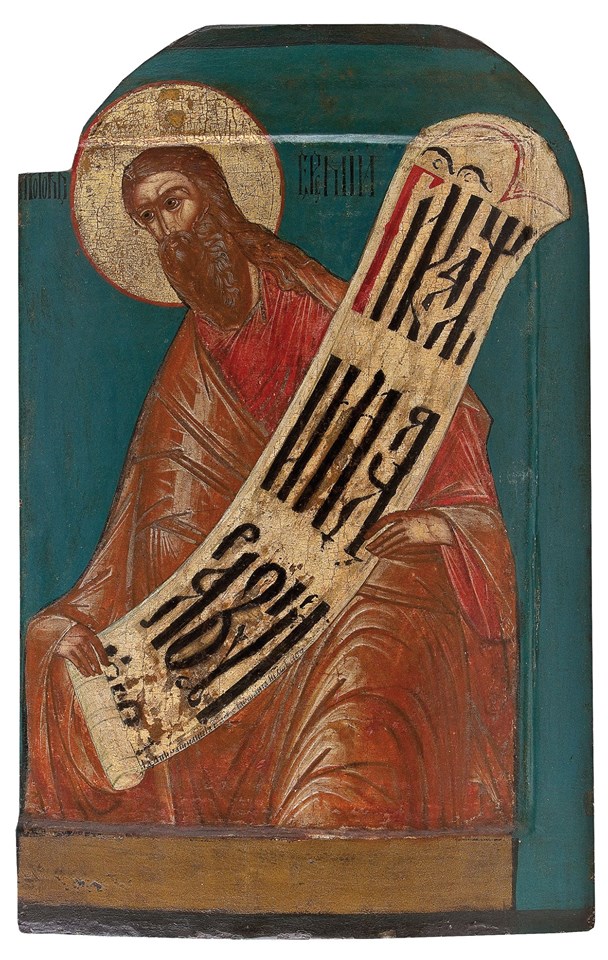 JEREMIAH served as God’s prophet, first predicting then later living through the Babylonian siege and the destruction of Jerusalem. You may recognize these very familiar words from Jeremiah 1:4-10:
JEREMIAH served as God’s prophet, first predicting then later living through the Babylonian siege and the destruction of Jerusalem. You may recognize these very familiar words from Jeremiah 1:4-10: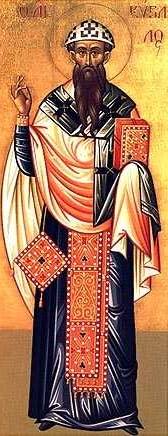 CYRIL OF ALEXANDRIA is counted among our church fathers. He served as the archbishop of Alexandria, Egypt, beginning in 412 AD, and his Scripturally-sound teachings about the Trinity and the two-fold nature of Christ (as both God and man) went against popular heresies of the time, deeply influencing later church councils and confessional writings.
CYRIL OF ALEXANDRIA is counted among our church fathers. He served as the archbishop of Alexandria, Egypt, beginning in 412 AD, and his Scripturally-sound teachings about the Trinity and the two-fold nature of Christ (as both God and man) went against popular heresies of the time, deeply influencing later church councils and confessional writings.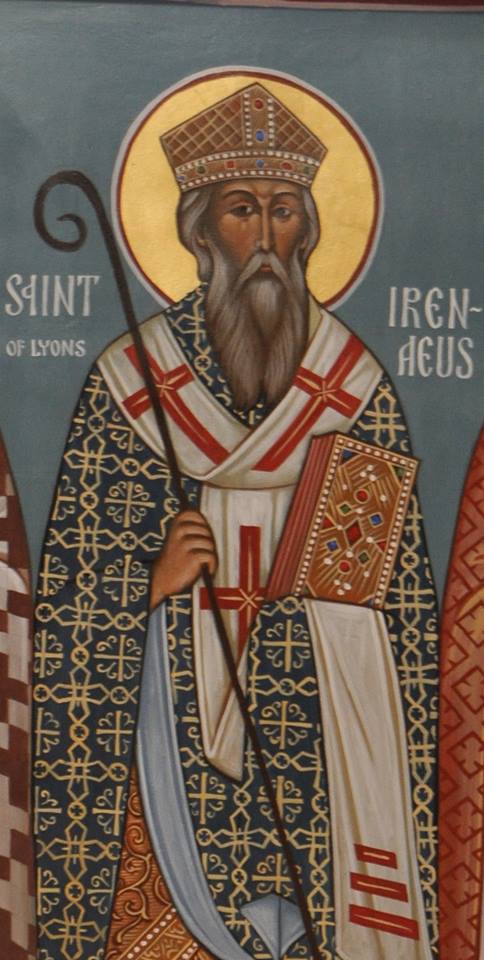 IRENAEUS OF LYONS was a pastor who came a couple hundred years before Cyril. He was also instrumental in standing against heresies like Gnosticism (which denied the goodness of creation), by teaching and confessing that God redeemed His creation through Jesus’ incarnation.
IRENAEUS OF LYONS was a pastor who came a couple hundred years before Cyril. He was also instrumental in standing against heresies like Gnosticism (which denied the goodness of creation), by teaching and confessing that God redeemed His creation through Jesus’ incarnation.